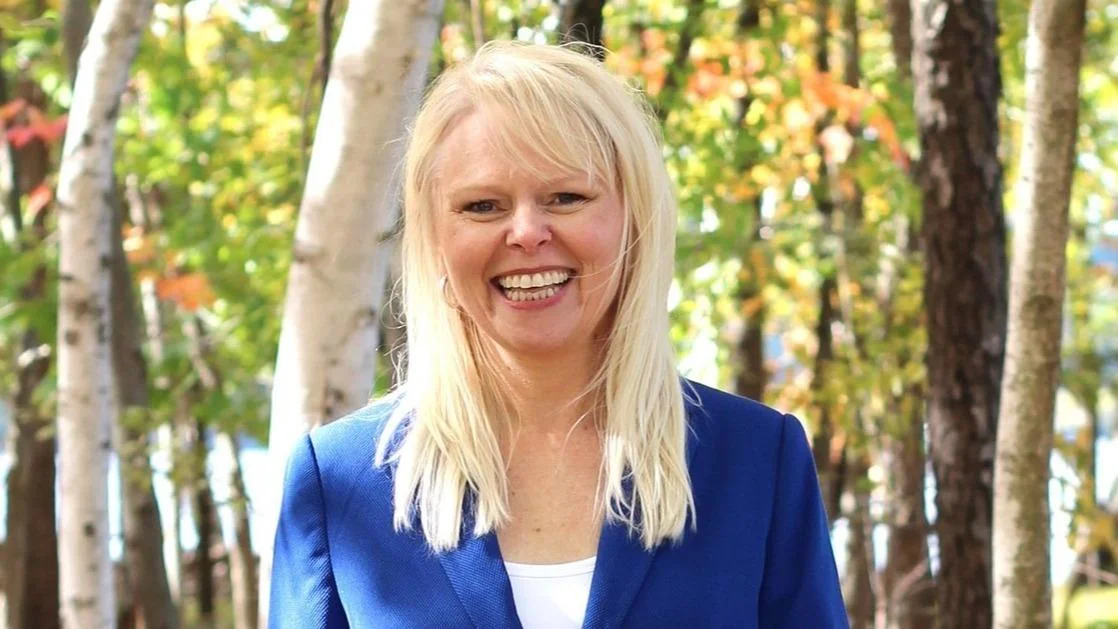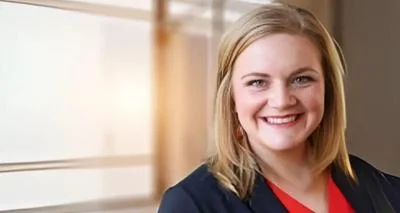Sarah Keyeski, Wisconsin State Senator for 14th District | Facebook
Sarah Keyeski, Wisconsin State Senator for 14th District | Facebook
According to the Wisconsin State Legislature's official website, the bill was described as follows: "pursuing liens on federal property if federal aid to the state is withheld under certain circumstances. (FE)".
The following is our breakdown, based on the actual bill text, and may include interpretation to clarify its provisions.
In essence, this bill establishes a process for Wisconsin to respond when federal aid previously authorized by Congress is withheld due to an executive order by the president or contrary to a court order. The secretary of administration must assess and report the approximate amount of aid withheld, identifying federal properties in the state where a lien could be placed. Within 60 days of the withholding event, a detailed report must be submitted to the governor and legislature. The attorney general is tasked with obtaining liens on specified federal properties, totaling the withheld aid amount. These liens will be released once the withheld federal aid is received.
The bill was co-authored by Representative Renuka Mayadev (Democrat-77th District), Senator Jodi Habush Sinykin (Democrat-8th District), Senator Melissa Ratcliff (Democrat-16th District), Senator Dora E. Drake (Democrat-4th District). It was co-sponsored by Representative Deb Andraca (Democrat-23rd District), Representative Margaret Arney (Democrat-18th District), and Representative Mike Bare (Democrat-80th District), along 19 other co-sponsors.
Sarah Keyeski has authored or co-authored another 62 bills since the beginning of the 2025 session, with all of them being adopted.
Keyeski graduated from Luther College in 1993 with a BA.
Keyeski, a Democrat, was elected to the Wisconsin State Senate in 2021 to represent the state's 14th Senate district, replacing previous state senator Joan Ballweg.
In Wisconsin, the legislative process starts when a senator, constituent, group, or agency proposes an idea for a bill. After drafting, the bill is introduced, numbered, and referred to a committee for review and public input. If approved, it moves through three readings and votes in both the Senate and Assembly. Once both chambers pass the same version, the bill goes to the governor, who can sign it, veto it, or let it become law without a signature. Only a small share of bills introduced each session ultimately become law. You can learn more about the Wisconsin legislative process here.
| Bill Number | Date Introduced | Short Description |
|---|---|---|
| SB354 | 06/27/2025 | Pursuing liens on federal property if federal aid to the state is withheld under certain circumstances. (FE) |
| SB353 | 06/27/2025 | Withholding state payments to the federal government if federal aid to the state is withheld under certain circumstances. (FE) |
| SB340 | 06/27/2025 | Stipend payments for school social worker interns and making an appropriation. (FE) |
| SB322 | 06/12/2025 | A Department of Children and Families program to make payments to child care programs, granting rule-making authority, and making an appropriation. (FE) |
| SB309 | 06/04/2025 | Immunity for 911 call centers and dispatchers that transfer callers to the national 988 Suicide and Crisis Lifeline |
| SB251 | 05/09/2025 | Cost-sharing caps on prescription drugs and medical supplies to treat asthma under health insurance policies and plans. (FE) |
| SB208 | 04/16/2025 | Prohibiting hedge funds from acquiring single-family homes in this state. (FE) |
| SB160 | 03/27/2025 | Designating the Tom Diehl Memorial Highway. (FE) |
| SB148 | 03/21/2025 | The right to repair agricultural equipment, and providing a penalty. (FE) |




 Alerts Sign-up
Alerts Sign-up